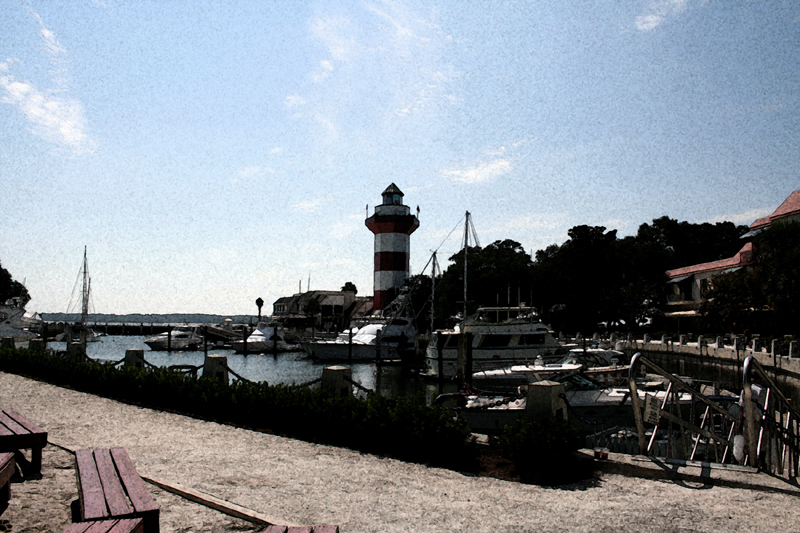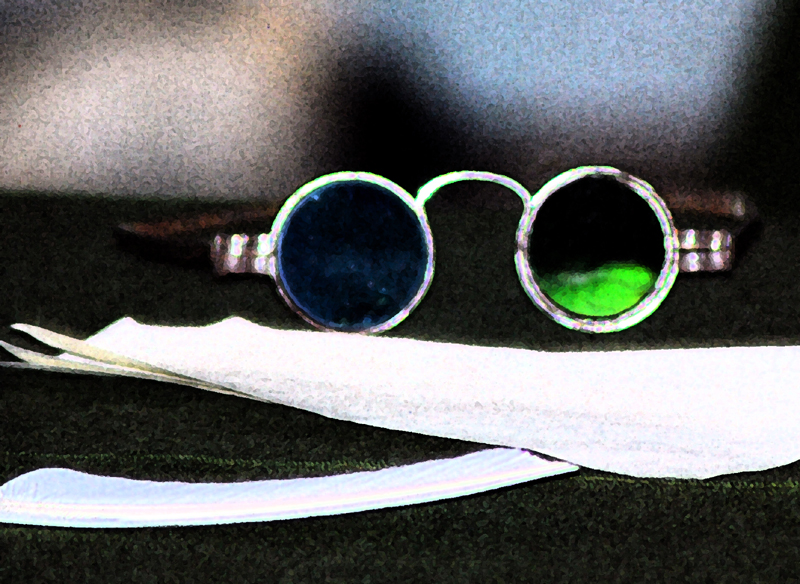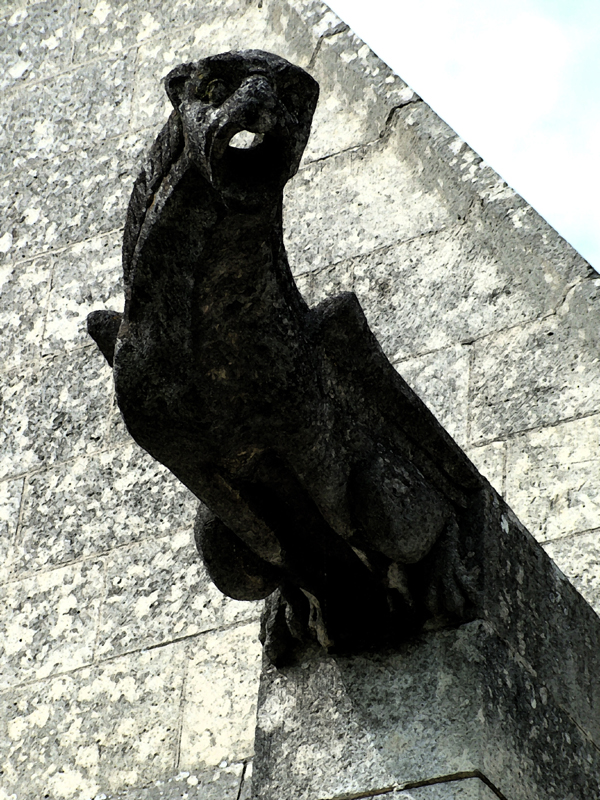I only remember bits and pieces of my first night at Whitestone Wall, looking over into Lios Iridion. The crinkling fires. Tussocks of grass and hard earth underfoot. Hot dogs from a briny tin: plump and pale marshmallows on sticks. My father lifted me up to look over, and I braced myself by putting my feet against the blanched stones of the ancient wall.
On the other side it wasn’t night.
On the other side it’s never night.
Other men from the town had brought their sons, too. They sat in communal circles on foldout chairs around their own campfires, or stood at the wall themselves, holding up their boys: each and every one of them hopeful that his son was special somehow; each and every one of them hopeful that, tonight, there might be a sign.
On our side the night was a glassy black, the tree-lined ridge between us and town obscuring the stars. The shafts of many-coloured light that make up Lios Iridion took up the whole of the other horizon, tinting all faces with garish hues.
My father put his lips to my ear:
“I think I see something in there!” He whispered, his moustache scratching against my earlobe. Then, after glancing along the lines of arrayed men and boys either side of us:
“Shhhh… ”

 She takes a drag of the cigarette. “That so? All right then, crazy man, what’s a guy like you doing out here alone?”
She takes a drag of the cigarette. “That so? All right then, crazy man, what’s a guy like you doing out here alone?”
 She knew the castle roofs better than the humans ever would. She’d named every gargoyle. In the summers she’d climbed the rafters of the bell tower and watched the cuckoos come and lay their eggs in other birds’ nests. She knew how you couldn’t trust the gatehouse, since its roof was rotten with moss and about to fall in, but the roof over the kitchens was a good place. There was a good shot there for throwing bits of slate at the kitchen boys when they went out. They’d put their hands over their heads and beg her not to hex them, so naturally she’d dance back and forth and yell ooga-booga until they screamed and ran back inside. The humans all smelled funny, anyway.
She knew the castle roofs better than the humans ever would. She’d named every gargoyle. In the summers she’d climbed the rafters of the bell tower and watched the cuckoos come and lay their eggs in other birds’ nests. She knew how you couldn’t trust the gatehouse, since its roof was rotten with moss and about to fall in, but the roof over the kitchens was a good place. There was a good shot there for throwing bits of slate at the kitchen boys when they went out. They’d put their hands over their heads and beg her not to hex them, so naturally she’d dance back and forth and yell ooga-booga until they screamed and ran back inside. The humans all smelled funny, anyway.